Advances in Sports Research
Although research on athletes with disabilities has increased dramatically in the last 10 years, much of this research on been on athletes with physical disabilities. The authors of the first chapter of this book examine four areas: mental skills, motivation, effective sport psychology service and research from related sub-disciplines (e.g., exercise physiology) that is relevant because of indirect influences (e.g., skill and fitness development) on performance. The second chapter explores possible modifiable and theory-based factors associated with parasport progression. The third chapter charts a course for effective interpersonal relationships between team members and team harmony and performance in sports organizations. The author proposes a psychological perspective that is driven by affective behavior foundation, with major implications for the future. The authors of the fourth chapter discuss recent technologies for monitoring eye movements, which are being actively implemented in the process of rendering psychological support to athletes. In the final chapter, the authors discuss the psychological aspects of sprint runners, in particular two interrelated constructs - athletic engagement (AE) and Athletic Identity (AI).
{{comment.content}}
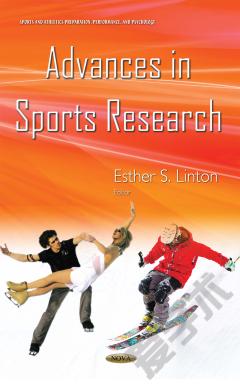
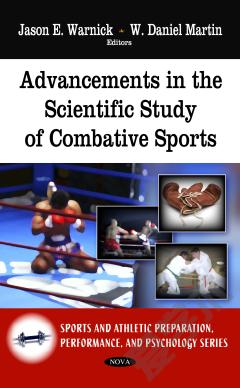
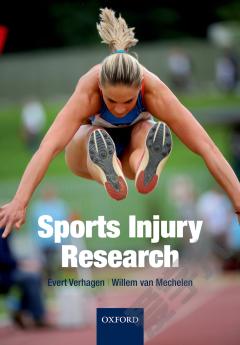
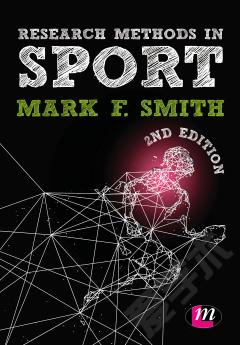
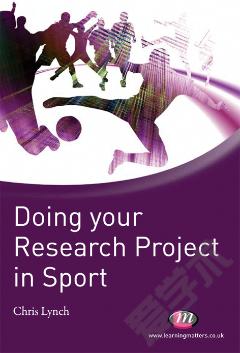



 京公网安备 11010802027623号
京公网安备 11010802027623号